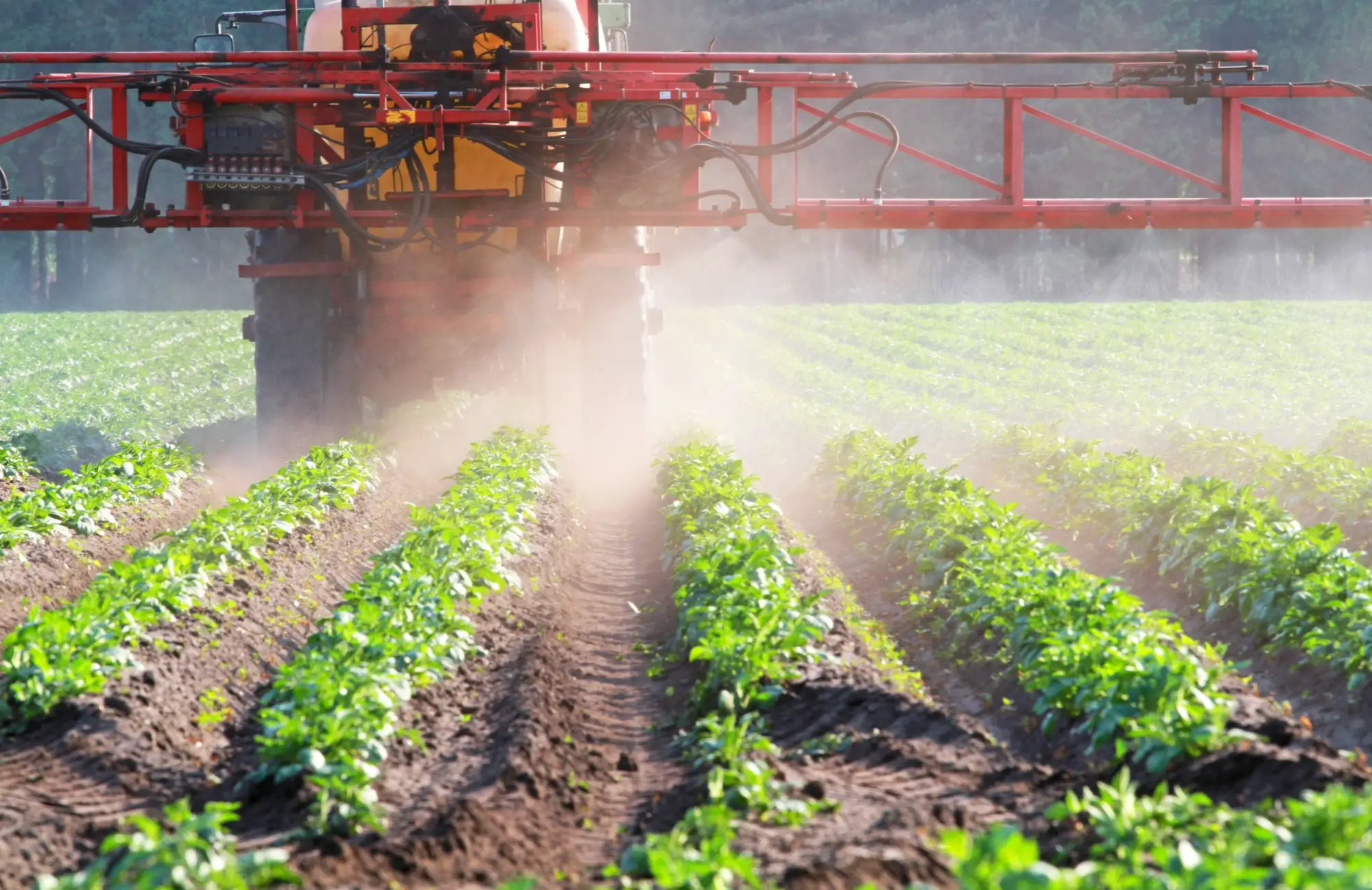
IPEN Launches Campaign to Ban Herbicide Linked to Cancer
IPEN, a global network of public interest organizations, has launched a campaign to ban a herbicide called glyphosate, which has been linked to cancer and other health hazards. Glyphosate is a key ingredient in several herbicides, including Monsanto's Roundup, which is widely used in agriculture and landscaping.
IPEN's campaign comes in the wake of a string of legal cases in the United States where individuals who have been exposed to glyphosate have successfully sued Monsanto for damages. The latest jury verdict in California awarded $2 billion in damages to a couple who developed non-Hodgkin's lymphoma after years of using Roundup on their property.
"Glyphosate is a highly toxic chemical that poses a serious threat to public health and the environment," said Dr. Meriel Watts, co-chair of IPEN's Pesticides Working Group. "It is time for governments around the world to ban this chemical and protect their citizens from its harmful effects."
Glyphosate has been classified as a "probable carcinogen" by the International Agency for Research on Cancer (IARC), a branch of the World Health Organization. It has also been linked to other health hazards, including birth defects, reproductive problems, and damage to the liver and kidneys.
Despite mounting evidence of glyphosate's hazards, many governments continue to allow its use. The European Union recently renewed its license for glyphosate for another five years, despite widespread protests and a petition signed by over one million citizens.

IPEN is calling on governments to take action to ban glyphosate and other toxic pesticides and promote safer alternatives. The group is also urging consumers to avoid buying products containing glyphosate and to support organic agriculture.
"Glyphosate is just one of many toxic chemicals that are used in agriculture and other industries," said Dr. Mariann Lloyd-Smith, co-chair of IPEN. "We need to shift towards a sustainable, toxic-free future where we can protect our health and the health of the planet."
The campaign to ban glyphosate is part of IPEN's broader mission to achieve a toxic-free future where chemical production, use, and disposal do not harm people and the environment. The group is working with partners around the world to promote safer alternatives to toxic chemicals, advocate for stronger regulations, and empower local communities to protect themselves from the harms of chemicals.
"We believe that everyone has the right to live in a healthy, toxic-free environment," said Dr. Watts. "That is why we are working tirelessly to promote safer alternatives to toxic pesticides and chemicals, and to raise awareness about the risks they pose to our health and the health of the planet."